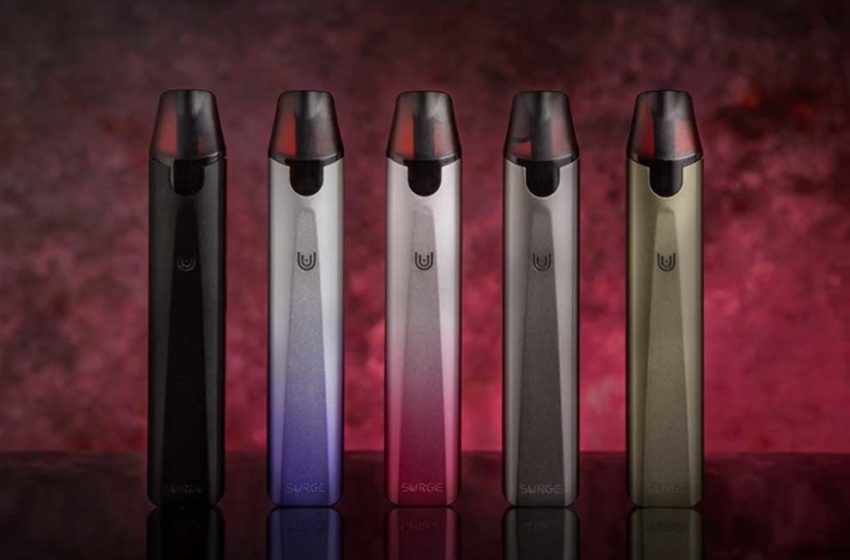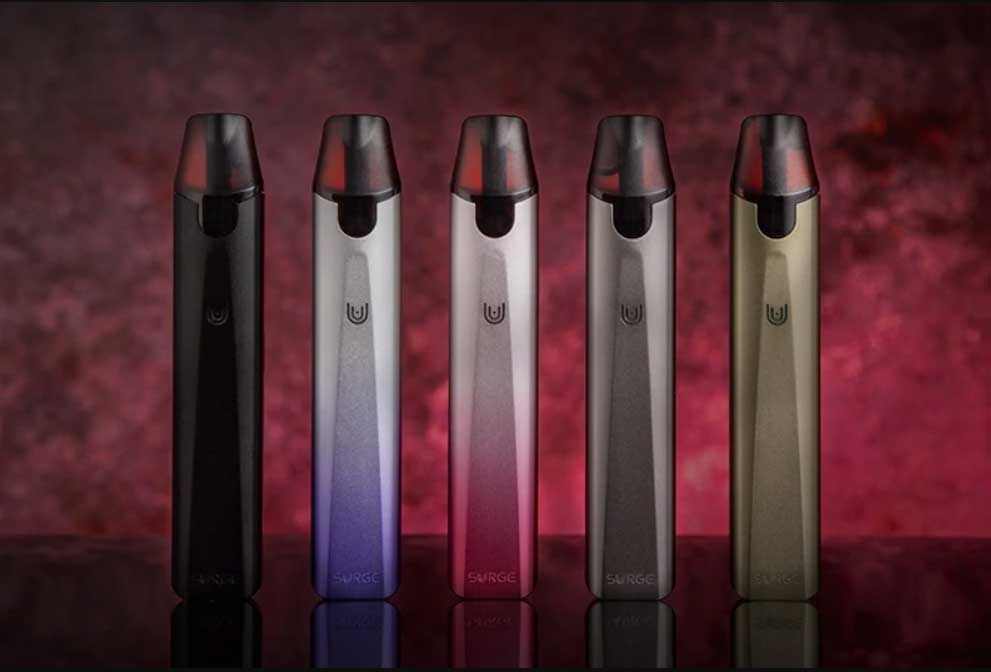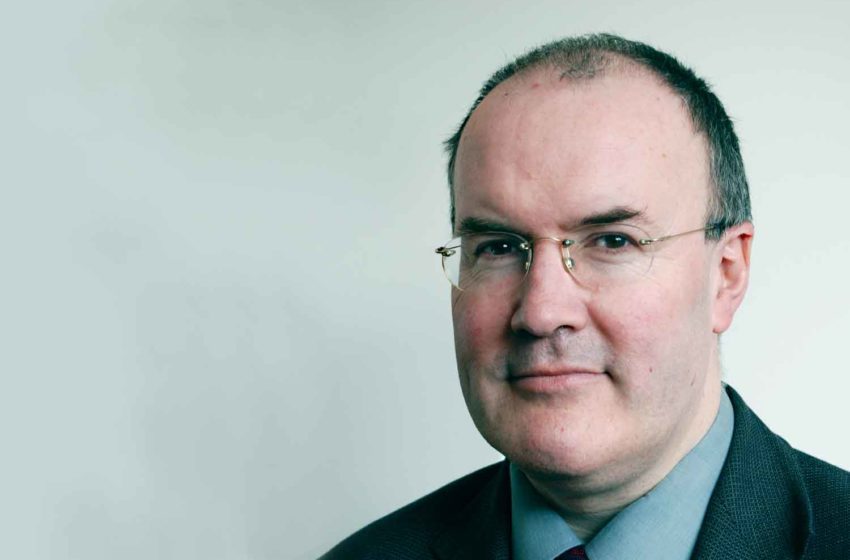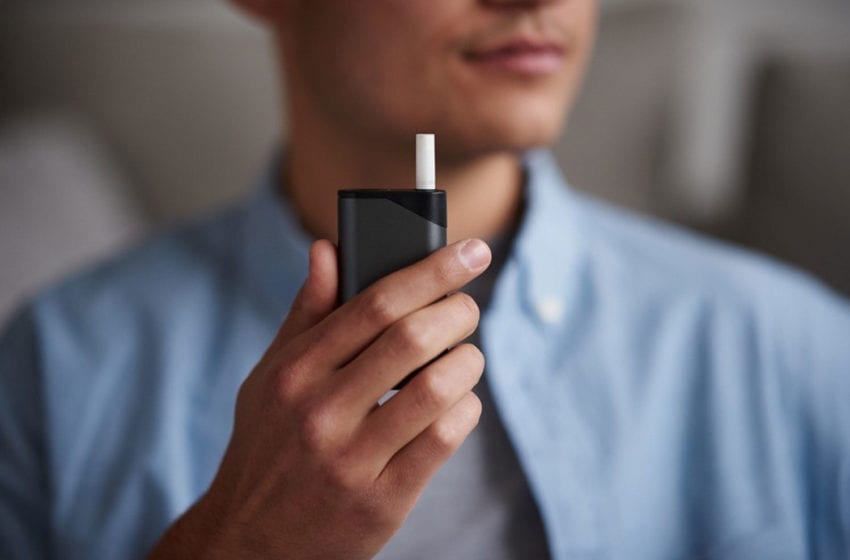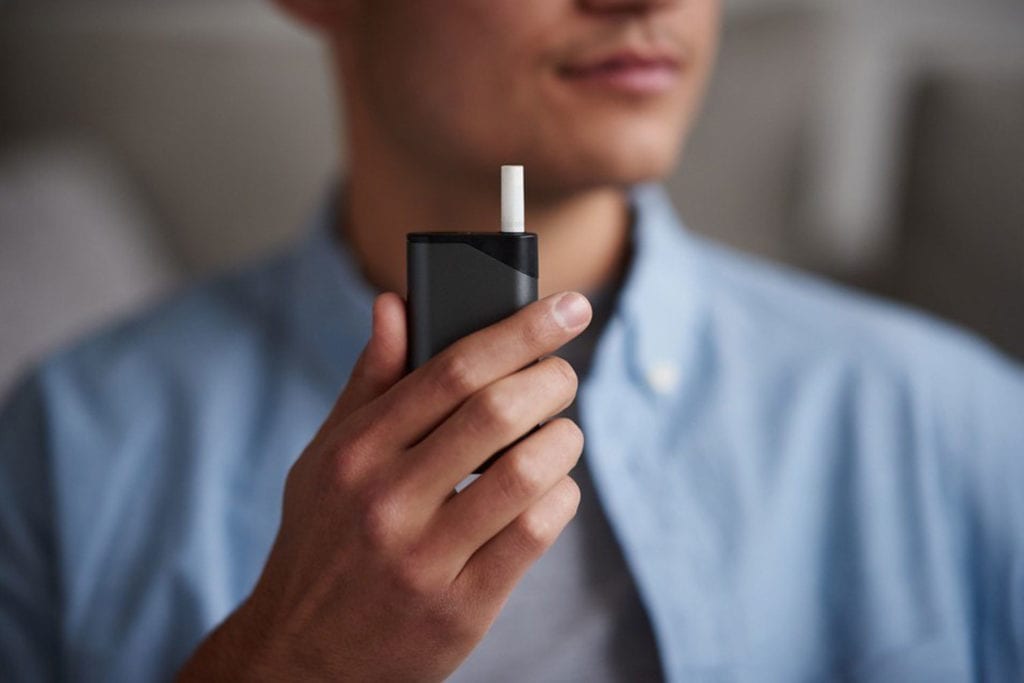
A new study by the American Consumer Institute highlights the dangers of overregulating e-cigarettes and vaping products. Co-authored by Steve Pociask and Liam Sigaud, the report investigates the empirical evidence surrounding the consumer risks and benefits of using e-cigarettes and vaping products compared to using combustible tobacco products.
The reports assets that vapor products are significantly safer than smoking and more effective than other nicotine-based smoking cessation treatments in getting smokers to quit cigarettes.
The authors contend that excessive regulation of e-cigarettes not only ignores the prevailing scientific consensus on health risks, but also deters smokers from switching to safer alternatives while pushing vapers back to smoking.
Therefore, the authors argue, overregulating vapor products will have serious health consequences for consumers who smoke.
“This report provides much-needed clarity on an issue of profound importance for public health,” the publishers wrote in a press release accompanying the report. “As the authors note, ‘informed by rigorous research, the U.S. can better chart a responsible course that encourages smokers to seek safer substitutes and quit, while protecting our youth from the dangers of tobacco products.’”




